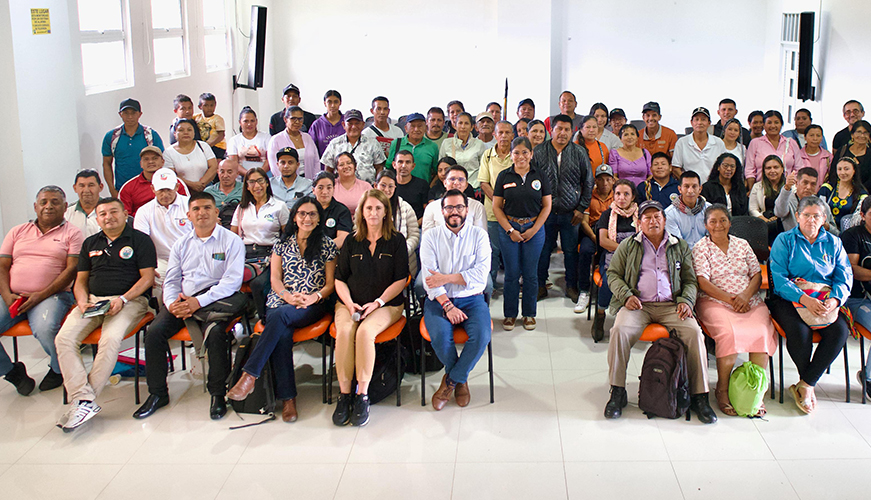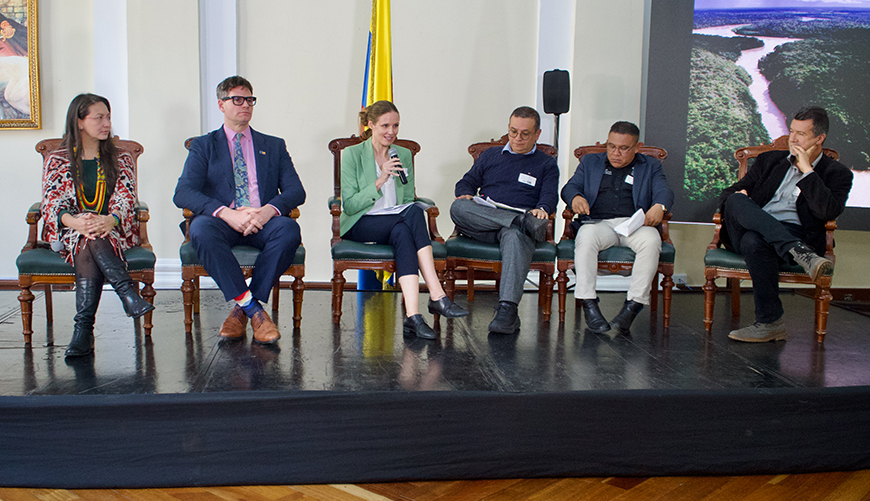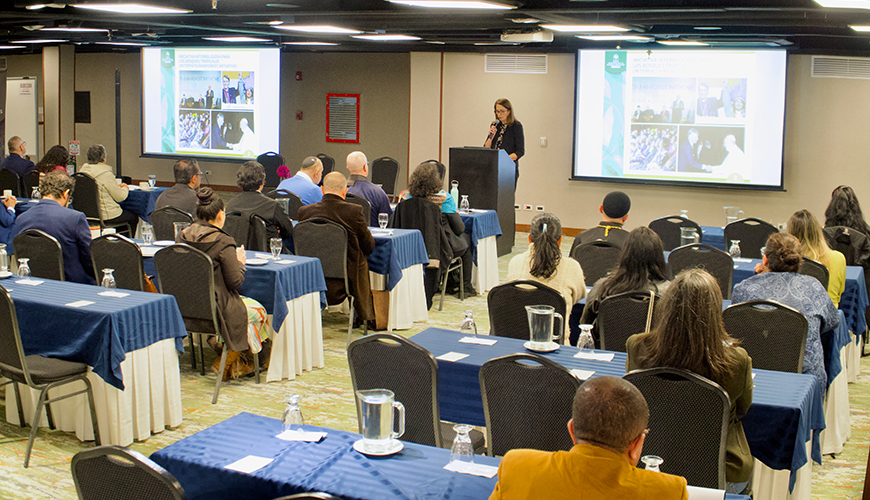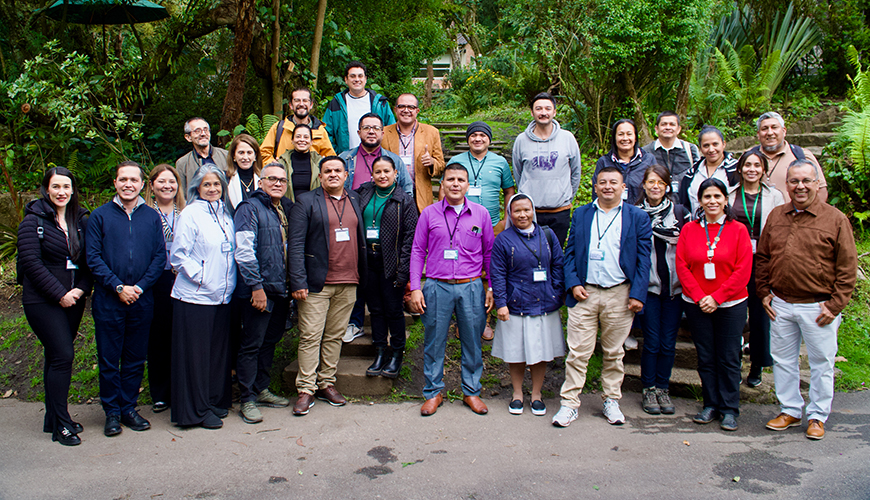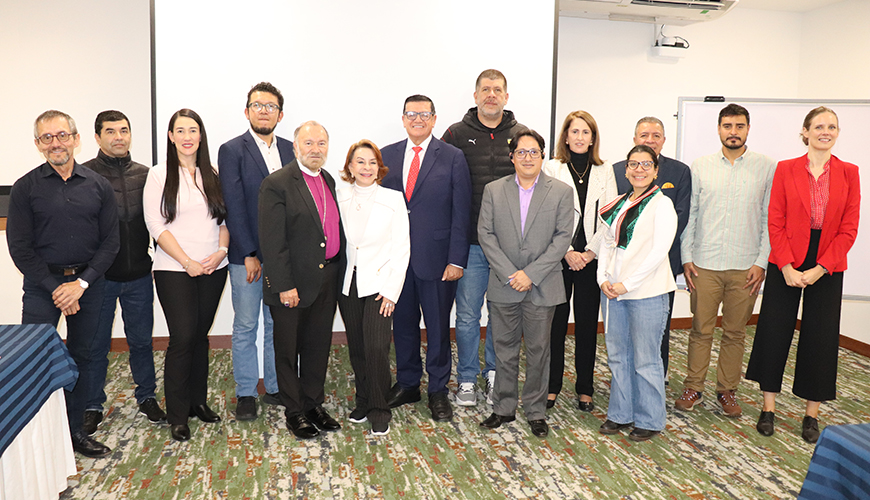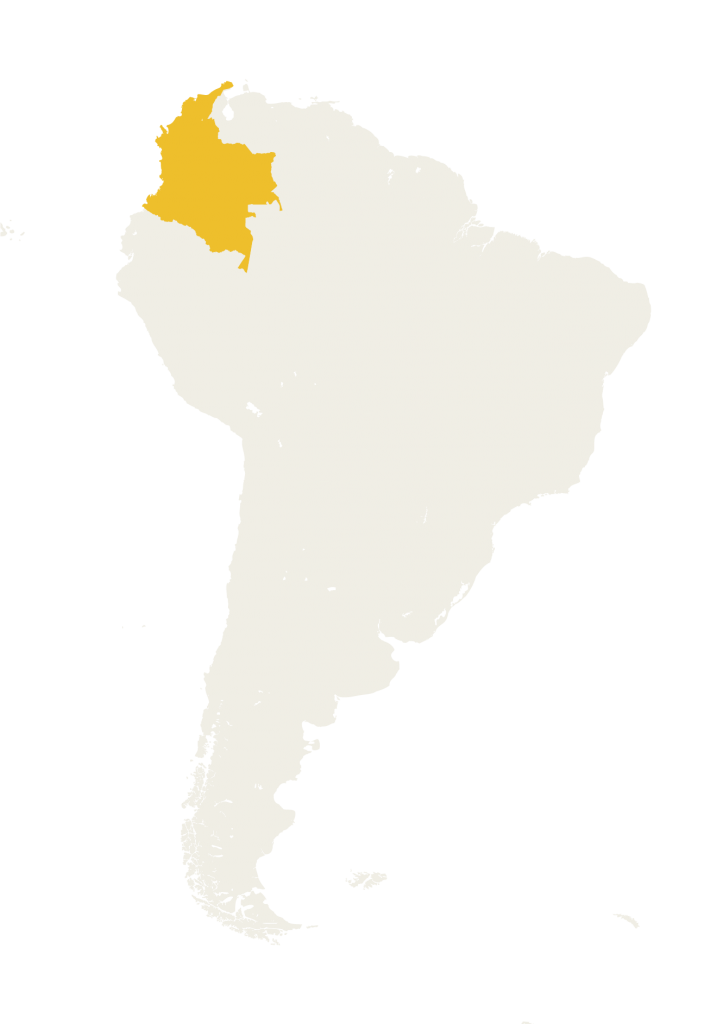
COLOMBIA
Over half of Colombia’s land area is covered by forests.
Despite its small size, Colombia has the world’s eighth-largest forest cover and is the second most biodiverse country on Earth.
At least 10% of the Colombian Amazon has already been deforested and 2016 and 2017 saw sharp increases in tree cover loss – as the aftermath of a historic peace deal saw logging, mining and cattle ranching spread into areas of forest previously controlled by rebels.
More than half of the Colombian Amazon is legally managed by Indigenous Peoples, in the form of legally recognized areas called resguardos.
Forests designated as Indigenous Reserves in Colombia experience rates of deforestation 10 times lower than other forests.
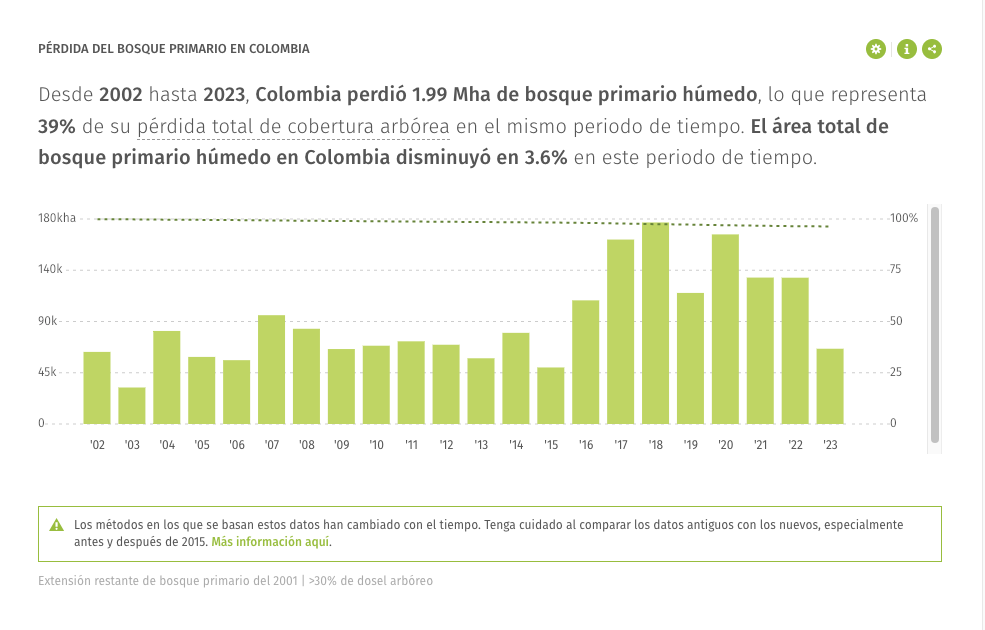
Loss of primary forest in Colombia. Source: Global Forest Watch.
IRI-Colombia News
- IRI Colombia trained 190 leaders in Putumayo
- Religious leaders from Villagarzón, Puerto Umbria and La Castellana joined IRI-Colombia
- Protecting the Amazon is an ethical, spiritual and collective decision: IRI-Colombia in the Congress of the Republic
- IRI-Colombia installs a local chapter in Bogotá: a bridge that brings the city closer to the jungle
- Connecting science and spirituality in the Amazon: IRI-Colombia holds the first day of scientific immersion in Bogotá
- In a meeting with its Advisory Council, IRI-Colombia plans new strategic actions to protect the Amazon

Blanca Lucía Echeverry,
Country facilitator
Blanca Lucía Echeverry Bedoya, a lawyer by profession, is an advisor to the Inter-Religious Council of Colombia and a delegate on the Executive Council of the Episcopal Church. A defender and activist for Human Rights in her country, she served as National Coordinator of the “Programa Ecuménico de Acompañamiento en Colombia (PEAC) to accompany displaced communities to advocate for their rights.
Previously, she worked for more than 20 years with the Ombudsman’s Office of Colombia where she served as Deputy Ombudsman for Indigenous Affairs and Ethnic Minorities and Public Defender, among others, in addition to training community leaders on their right to public participation and building their capacity to advocate on public policies.
She holds a Master’s in Political Science from the Universidad de Los Andes and hold specializations in Criminal Law and Criminological Sciences (Universidad Nacional) and International Human Rights (Pontificia Universidad Javeriana).

